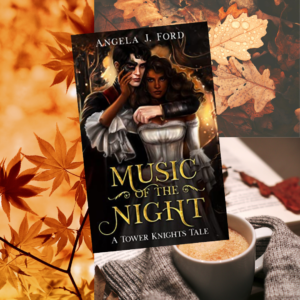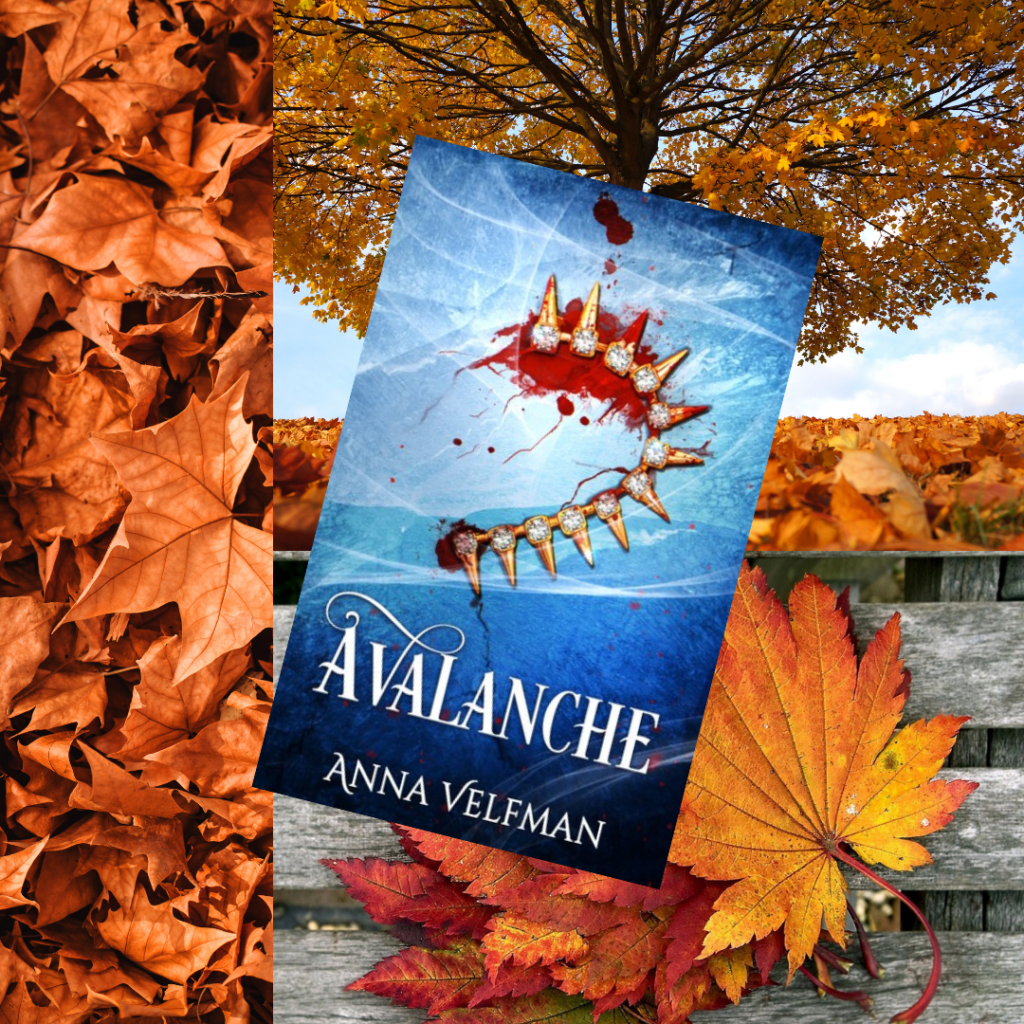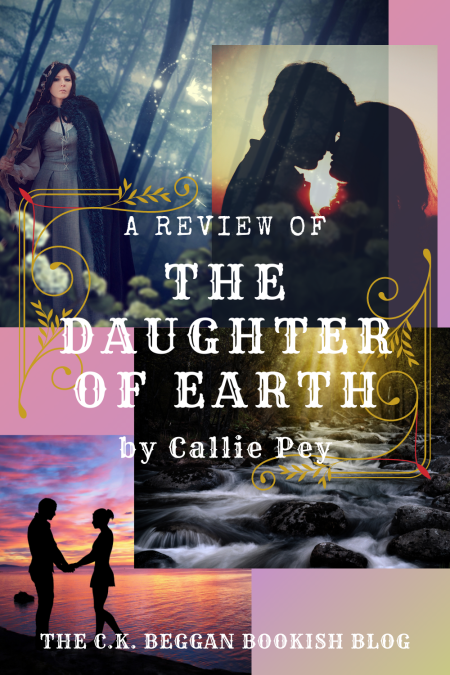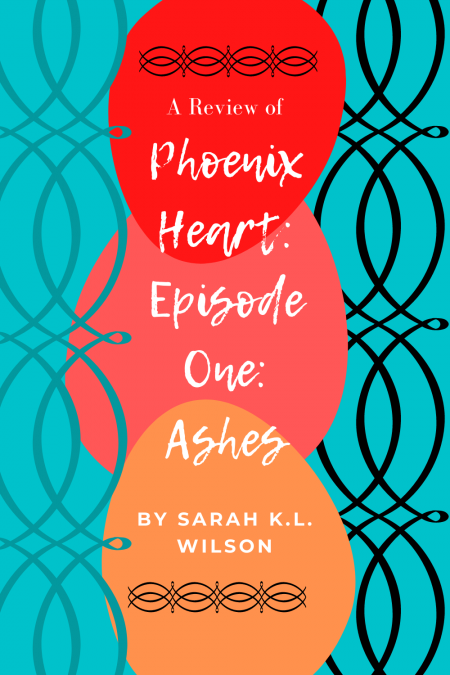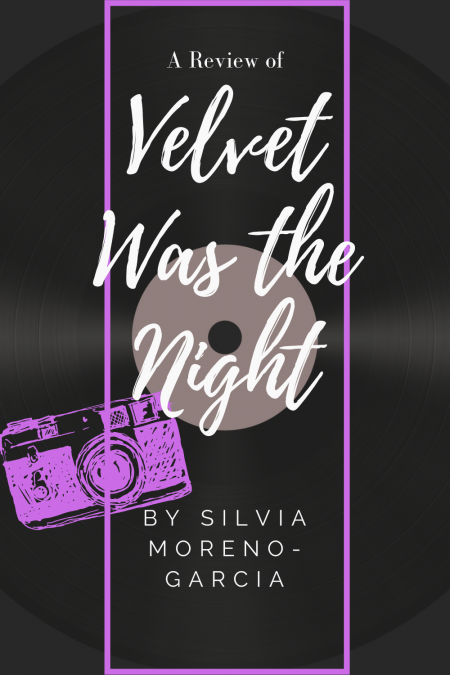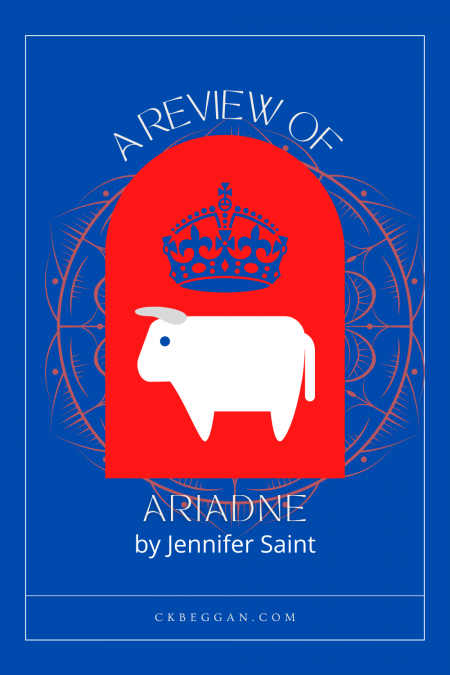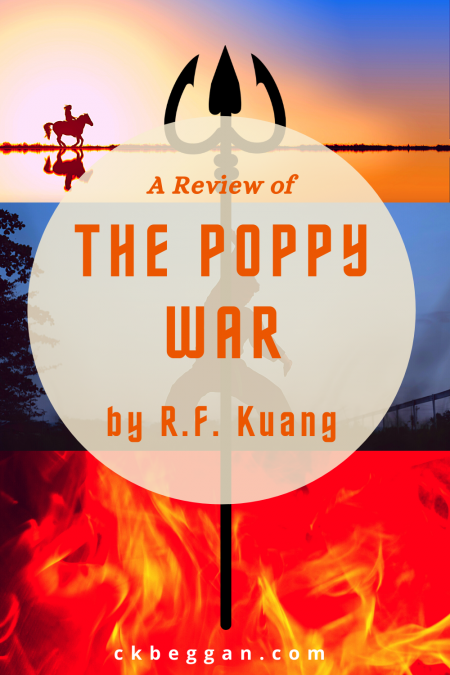
Read reviews of Snowblind (Pler Series #1) and Avalanche (Pler Series #3) .
“‘You seem to enjoy all these games, Chowa,’ she said without energy. ‘What does that say about you?’
”‘Best you don’t ponder that overlong.’ Chowa bowed and turned to leave. ‘You might not like the answer you arrive at.’”
Thus the Pler Series returns for a second tale of political and romantic intrigue, and it’s just as riveting as book one. Even more so, actually!
Lanna continues to shed her naïveté in this book. She hasn’t forgotten the farming village she’s left behind, though she hides it well for most of Icedancer. But she’s changed from that new Imperial who loved the headman’s son, in record time, thanks to Imperial Chemist Chowa-no-Ota. Lanna’s learned a few things about Flower Pavilion theatrics—or at least she thinks she has. As her star rises, a target grows on her back, leaving Lanna with a dangerous question: How much power does the Imperial Seer really have?

The more time she spends in the palace, the more apparent it is that someone is always working in the shadows. Lanna finds one such person in Ethaan, head of the Hall of Enlightenment. He’s the only new character we actually meet besides Lanna’s assigned slave. While we also get to know Sonnatha, Itzander, Lucas and Ashioto more, the narrowed scope of Icedancer means characters like Epen, Frez and even Chowa become more peripheral.
Icedancer was refreshing in a lot of ways. The handsome emperor doesn’t get a pass just because he shows he cares and has plans to help the world (though the latter is exactly why Lanna helps him, and the former is a big part of why, despite herself, she finds herself wanting him). There’s so much more to powerful and cultured Ashioto, and Velfman (and the always formidable Lanna) never give in to girlish fancy.
Lucas, the mysterious voice only Lanna can hear, is also emerging as a very likeable and intriguing character. I’m excited to see what role he’ll play in the upcoming book. In all, another excellent book in this series with the writing to match.
To learn more about this author, visit annavelfman.com.

